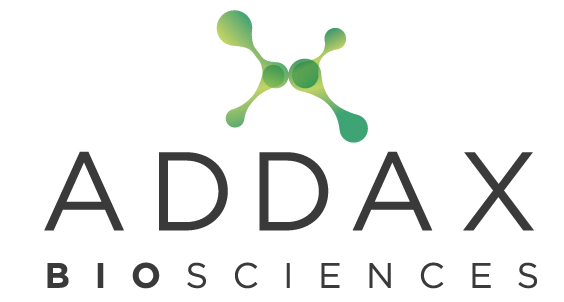Formaldehyde (whose aqueous solution is called Formalin) is considered an irritant and toxic substance. Exposure to it may cause allergy, induce eczema and respiratory asthma. Furthermore, over the past decade, the scientific community has found out that inhalation of formaldehyde (which is highly volatile) may lead to cancer. In the European Union, its use has been severely restricted through numerous regulatory provisions (Reg. 2014/895, Reg. 2018/675, Dir. 2019/983). The obligation to replace it, whenever possible, remains (Art. 4 Directive 2004/37/EC “The employer shall reduce the use of a carcinogen or mutagen at the place of work, in particular by replacing it, in so far as is technically possible, by a substance, preparation or process which, under its conditions of use, is not dangerous or is less dangerous to workers’ health or safety, as the case may be”).
Formalin is widely used in plastic, wood, and paper production facilities. Additionally, it is employed as fixative solution for histology in hospitals and private laboratories where, only in Italy, about one million liters per year are consumed. In the healthcare system, thousands of workers (e.g. nurses, technicians, doctors, pathologists) are thus exposed to formaldehyde. Therefore, the balance between the diagnostic and scientific interest (i.e. patient’s health) and the protection of workers is set on a risks reduction basis defined as the “As Low As Reasonably Achievable (Risk)” Principle. In Italy, as in other countries of the European Union, this also results in strict obligations to protect the health of workers which may be in contact with the formaldehyde. Therefore, it is required to implement every possible technical, organizational and procedural initiative to minimize the risk to the worker’s health. Our project is aimed to fully resolve this social and scientific conundrum and offer a substitute to Formalin for tissue fixation.
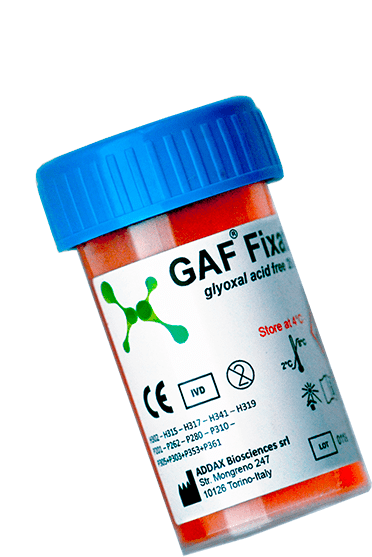
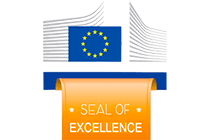
Seal of Excellence UE – European Commission Horizon 2020
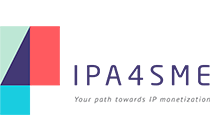
IPA4SME 2020 – Financial and expert support for intellectual property (IP) valorisation

Horizon 2020 – SME Instrument Project, Phase 1
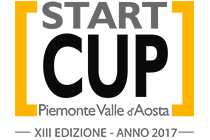
Life science and social innovation awards, Start CUP

PwC Start UPS & Emerging Companies 2018

UniCredit start up award 2017
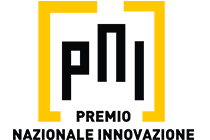
Finalist at the Italian Innovation Award
Collaboration with the A.O.U. Città della Salute e della Scienza in Turin, for the “Glyoxal in Endoscopy” project.
Collaboration with the Zooprophylactic Institute in Turin for GAF’s use in the veterinary sector, especially concerning neurological pathology.
Collaboration with the University of Turin to improve research activity on the fixation of pathological tissues.
Collaboration with the University of Padova for GAF’s use as fixative in the veterinary sector.
Collaboration with the Candiolo Cancer Institute – IRCCS for the Immuno K-ELISA project and the study on the AD FORMALIN’s use.
Collaboration with the Dental School of University of Turin to develop innovative compounds capable to replace the use of Formaldehyde in Dentistry, particularly as disinfectant material during pulpotomy.
ADDAX Biosciences was born as a spin off of the University of Turin, which contribuited with support to the research activity.
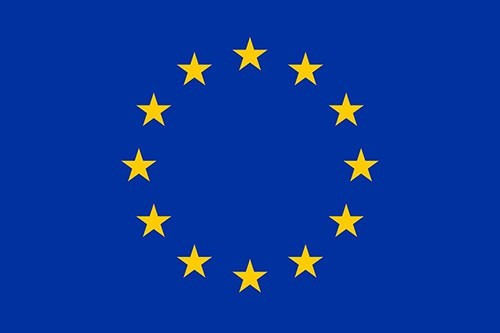
Our company has received funding from the European Union’s Horizon 2020 Research and Innovation Programme under Grant Agreement No 8157692.

The project “GAF – Towards a hospital without Formalin” is realized thanks to the co-financing of POR FESR Piemonte 2014-2020, Ob.1 – “Research, technological development and innovation, I.1.b.4.1 “Support for creation and consolidation of innovative start-ups with a high intensity of application and knowledge and research spin-off initiatives”.
The project aims to validate, produce and market GAF, a histological fixative without carcinogenicity, that works as a substitute to Formalin. Achieving the project’s objectives will improve the working conditions of health and research professionals, protecting them from the risk of developing occupational diseases caused by inhaling Formalin vapours.

